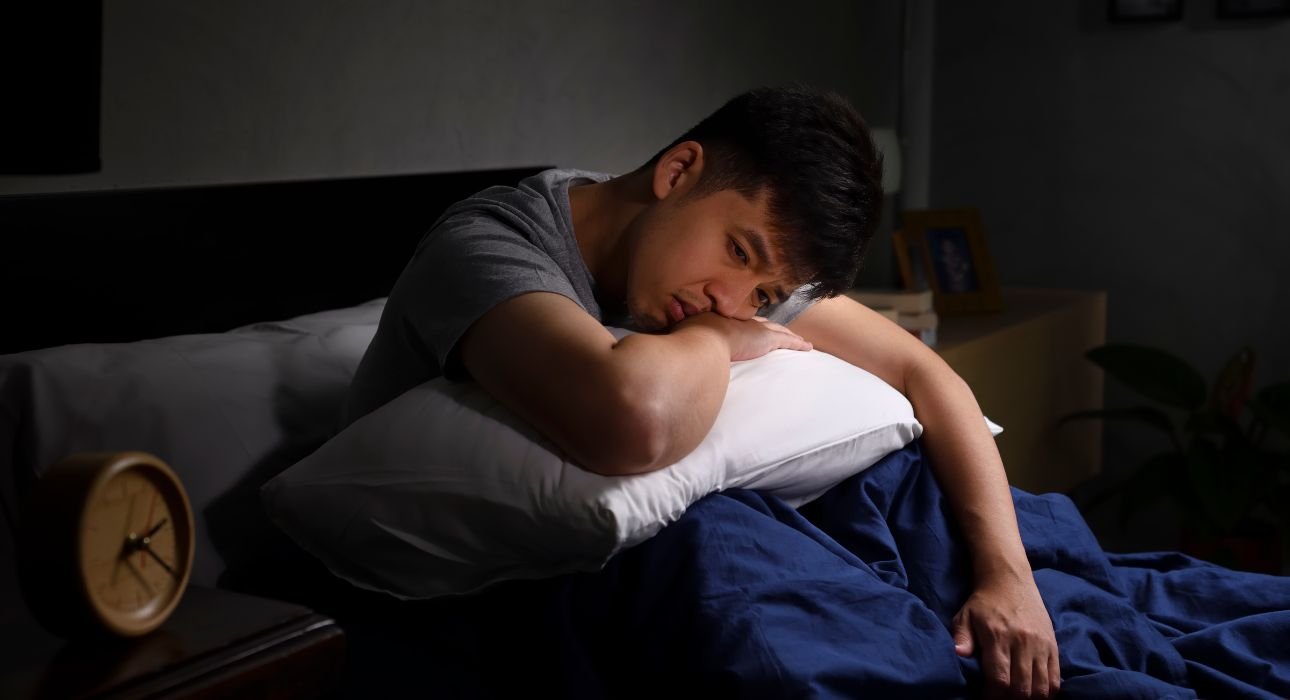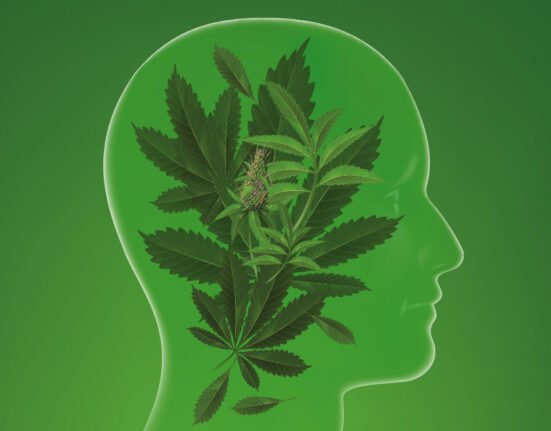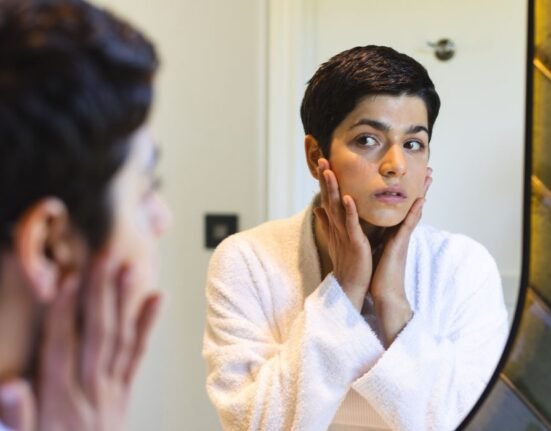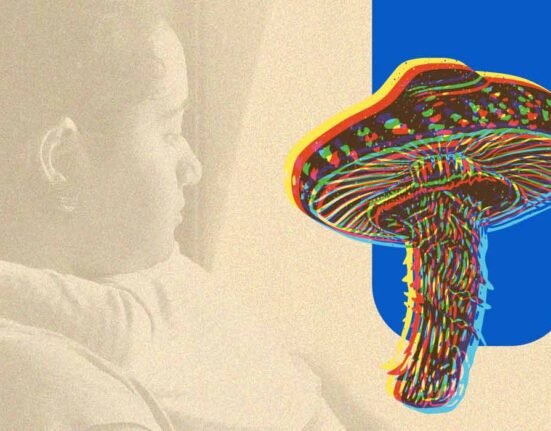Not all minds are wired to rise with the sun. While some spring out of bed full of energy, others thrive in the quiet hum of late nights. These natural preferences, known as chronotypes, influence not just daily productivity but also long-term brain health. Recent findings from a 2025 Dutch study reveal that being a “night owl” chronotype may come at a cognitive cost as age passes. The results have sparked new conversations around lifestyle, neuroscience, and the hidden toll of living out of sync with society’s early schedules.
The Study: When Our Internal Clock Ticks Differently
Under the leadership of Roelof A. Hut and colleagues, Researchers from the University Medical Centre Groningen in the Netherlands released a thorough study in 2025 examining the connection between chronotype and cognitive ageing. The researchers used data from the Lifelines Cohort, which tracked more than 33,000 individuals aged 45 to 65 over ten years, to assess participants’ cognitive function regarding their sleep-wake preferences. Participants were divided into three chronotypes: morning, middle, and evening. Researchers tracked changes in cognitive function across ten years, with a special emphasis on memory and attention tests.
Key Findings
Evening chronotypes, or the so-called “night owls”, experienced faster cognitive decline compared to morning types. Possibly as a result of increased work-related stress and sleep misalignment, this reduction was most noticeable among highly educated people. Lifestyle variables, including smoking, drinking, getting too little sleep, and having inconsistent sleep patterns, might account for around 25% of this loss. Night owls are more likely to report these behaviours.
Why the Brain Suffers After Dawn?
Sleep is not merely a period of rest; it’s when the brain performs vital maintenance. Disrupting this rhythm, especially over long periods, can impair the glymphatic system, which is the brain’s mechanism for clearing out metabolic waste. Social jetlag, which is a chronic mismatch between their natural circadian rhythm and imposed societal schedule, is often experienced by Night owls. This mismatch eventually contributes to cognitive ageing by increasing stress and resulting in poor sleep quality. Furthermore, research indicates that erratic sleep habits diminish slow-wave sleep, which is crucial for memory consolidation and preserving brain plasticity. These disturbances cause accumulating deficits over time, which could speed up cognitive deterioration.
Are Night Owls Always at a Disadvantage? Not Exactly.
Whereas the Groningen study points to long-term cognitive risks for night owls, other studies present a more complex picture. For instance, Imperial College London research conducted in 2023 that examined more than 26,000 adults from the UK Biobank found that evening chronotypes did perform better on tests of reasoning, memory, and reaction time; however, only if they received sufficient sleep. To put it another way, if their schedules aren’t made to conform to a society that is focused on the morning, night owls can function just as well as morning types, if not better. These results highlight how important sleep alignment and duration are in predicting cognitive function rather than just chronotype.
Other Studies to Consider
Further investigation aids in placing these seemingly contradictory results in perspective. According to a 2019 study by Facer-Childs et al., evening types often score worse on cognitive tests early in the day but match or surpass morning types later in the day. This emphasises how crucial time-of-day impacts are for evaluating cognitive function. Kanazawa and Perina (2014) reported similar results, showing that night owls often had better IQ scores, particularly among young adults and teens. This implies a possible relationship between cognitive flexibility and novelty-seeking behaviour. Evening types, however, frequently have chronic sleep limitation, as shown by Killgore et al. (2017).
Understanding Chronotype: More Than Just a Preference
Hormones, environmental signals, and genetics all have a biological role in determining chronotype. The suprachiasmatic nucleus (SCN) of the hypothalamus functions as a master clock, regulating circadian cycles that affect hormone production, body temperature, and alertness. A person’s chronotype naturally shifts throughout their life; teens are often evening people, whereas elderly individuals are typically morning people. However, social structures still heavily encourage early schedules, with “9 to 5” being assumed for appointments at work, school, and the doctor. For evening types, this results in a chronic circadian misalignment that has been connected to cognitive decline, metabolic disorders, depression, and cardiovascular risk.
Can the Damage Be Prevented?
Yes, but it calls for raising awareness, altering behaviour, and modifying policies.
- Align Schedules with Chronotype: Where possible, individuals should try to synchronise their work and study hours with their natural sleep-wake preferences. This may involve remote work, flexible class timings, or staggered shift systems.
- Make Sleeping Better: By sticking to normal sleep schedules, avoiding stimulants, minimising blue light exposure at night, and establishing regular wake-up times, night owls can lower their risk of cognitive decline.
- Exposure to the Morning Light: When exposed to bright natural light in the morning, the circadian rhythm can be reset, the sleep phase advanced, and the quality of sleep increased.
- Interventions in Lifestyle: Long-term brain health depends on regular exercise, a healthy diet, quitting smoking, and modest alcohol use, particularly for those who are inclined towards eveningness.
Conclusion
The conversation around chronotypes is no longer just about productivity; it’s about preserving brain function as we age. The Groningen study adds compelling evidence that night owls may face a steeper cognitive hill to climb, but not due to their natural inclinations alone. The real culprits are poor sleep habits, inflexible societal structures, and unhealthy lifestyle choices that disproportionately affect evening types. Morningness is not necessarily better because of this. It urges a paradigm change instead, one in which chronotype is recognised, valued, and included in all aspects of life planning, including clinical treatment, education, and work schedules. Not all of us are programmed to awaken with the sun. But regardless of when the day starts, we can make sure that our thoughts remain sharp by being awake and adapting.
Read More: Non-24-Hour Sleep Wake Disorder
FAQs
1. Can I change my chronotype from night owl to morning person?
Not entirely, chronotype is largely genetic. However, gradual lifestyle changes like consistent sleep schedules, morning sunlight exposure, and limiting screen time at night can help shift your sleep cycle slightly earlier.
2. Do night owls need more sleep than early birds?
Not necessarily. Most adults need 7–9 hours of sleep, regardless of chronotype. However, night owls often get less sleep due to social obligations starting early, which can negatively affect health.
3. Is being a night owl always bad for health?
No, but only if sleep needs are met and routines are stable. Problems arise when night owls are forced into early schedules, leading to chronic sleep debt and stress.
4. Can chronotype affect mental health too?
Yes. Evening types are at higher risk of depression and anxiety, likely due to sleep disruption and circadian misalignment, especially in conventional work and school settings.
5. Are children naturally night owls?
No, but teens are. During adolescence, the biological clock naturally shifts later. This is why early school start times can impair teens’ academic performance and mental well-being.
References +
- Facer-Childs, E. R., Campos, B. M., Middleton, B., Skene, D. J., & Bagshaw, A. P. (2019). Circadian phenotype impacts the brain’s resting-state functional connectivity, attentional performance, and sleepiness. Sleep, 42(5), zsz033. https://doi.org/10.1093/sleep/zsz033
- Kanazawa, S., & Perina, K. (2009). Why night owls are more intelligent. Personality and Individual Differences, 47(5), 685–690. https://doi.org/10.1016/j.paid.2009.05.001
- Killgore, W. D. S., Balkin, T. J., & Wesensten, N. J. (2006). Impaired decision making following 49 h of sleep deprivation. Journal of Sleep Research, 15(1), 7–13. https://doi.org/10.1111/j.1365-2869.2006.00487.x
- Neuroscience News. (2025, May 15). Night owls face faster cognitive decline. https://neurosciencenews.com/night-owls-cognition-29175/ Imperial College London. (2023, August 10). Being a night owl is associated with mental sharpness. https://www.imperial.ac.uk/news/254738/being-night-associated-with-mental sharpness/













Leave feedback about this